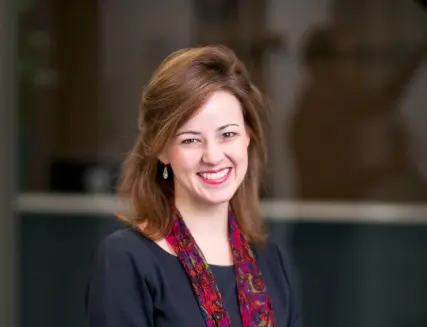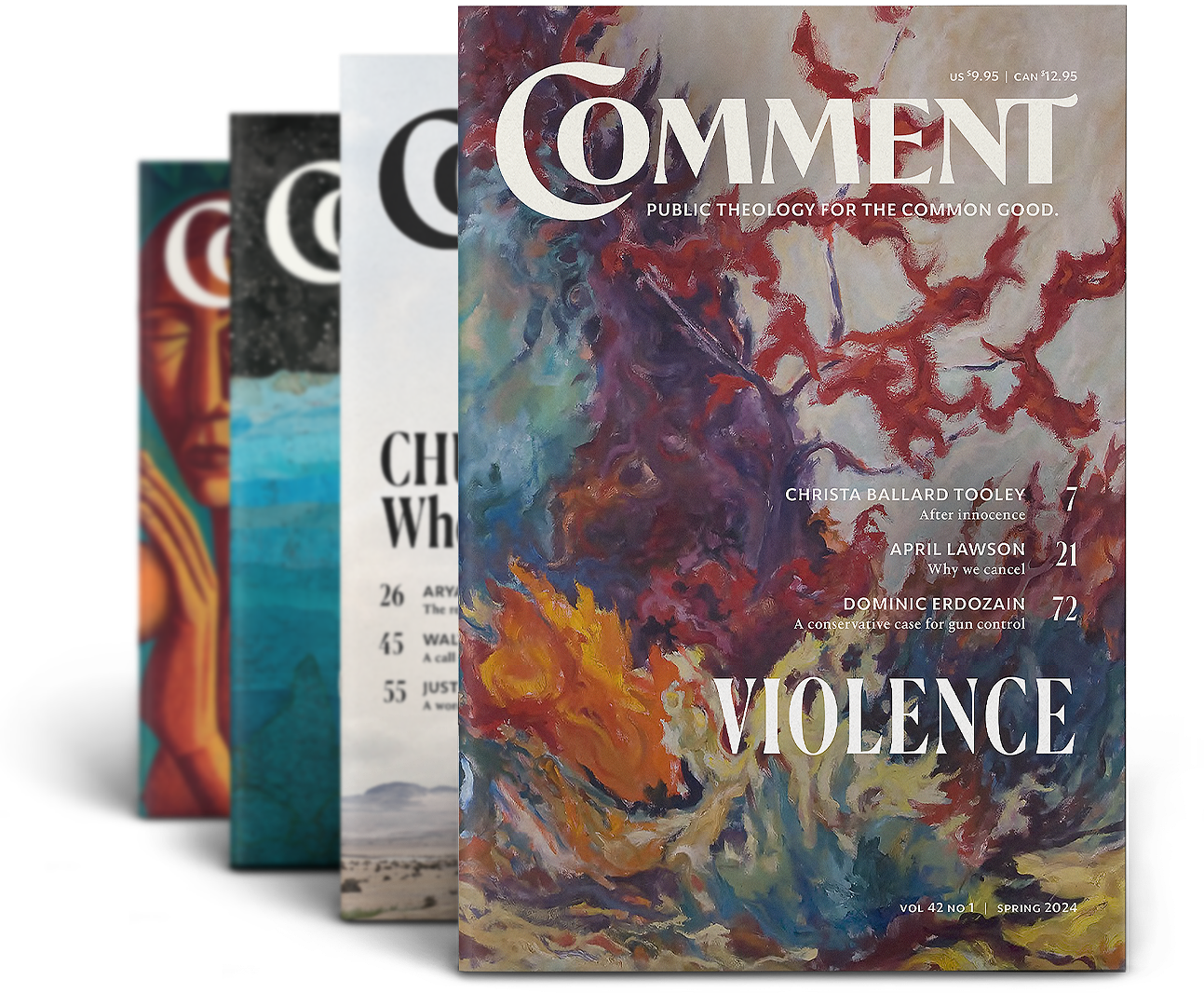Our faith begins at the point where atheists suppose it must be at an end. Our faith begins with the bleakness and power which is the night of the cross, abandonment, temptation and doubt about everything that exists! Our faith must be born where it is abandoned by all tangible reality; it must be born of nothingness and be given it to taste in a way that no philosophy of nihilism can imagine.
—H.J. Iwand
I’ll be honest. It’s been a strained week. Adjusting to a rapidly changing landscape in the span of days and sometimes hours has shaken my sense of direction, upended routine contingencies, and challenged virtues I thought were developed and deployable. Fear is rife, uncertainty king. COVID-19 has quickly penetrated all corners of life as we know it, and we in North America are only beginning what bodes to be a devastating season.
Two weeks ago, just as this coronavirus was beginning to make serious mischief in the Western Hemisphere, I found myself asking a question suddenly crystallized after years of studying communities exemplary in the ways of social cohesion, moral fibre, joy, and generativity. Is there a connection between pain and thriving, I wondered, and not just a traceable delta of experience from one pole to the other, but an inherent and unavoidable enmeshment, like a mother pregnant with child?
In an era of unprecedented prosperity and braggadocio, it’s fascinating to find health in the chastened places. So much of my search for lighthouse communities these last few years landed me back in the same scarred sandbox: It was the prisons, the addiction-recovery groups, the communities ravaged by disaster, and families forged in exile that held the keys to life at its truest. You could try to copy the rituals and scale the principles, but without an experience of suffering, without the shared scars, the replicating sauce would be diluted, yielding fleeting shadows at best. There was just no getting around the fact that if you cared about positive growth both for individuals and for society, somewhere along the way there had to be a surrendering of rights, of pride, of denials and masks, and a willingness to be taken to the end of oneself. Only then were new beginnings rightly ordered. Only then was there hope of becoming whole.
There is a motif in Scripture we don’t often discern or hear preached, despite its repetition and theological centrality: Death is a harbinger of new life, specifically, God’s delivering life. One sees this pattern over and over, from Egypt’s mass infanticide that leads to Moses being hidden in a basket on the River Nile, to the tenth plague smiting the Egyptians’ firstborn before the Israelites cross the Red Sea, to the prophetic image of Ezekiel’s valley of dry bones, to Herod killing all boys under two as Jesus is born. For a long time in my own walk of faith, the disturbing consistency of this correlation was made palatable only when God himself submitted to the grave. I still feel somewhat desperate for that plot twist for all that precedes it to be approachable.
Enter the novel coronavirus. I have no interpretations, only a searching sight. And as I try to remain sensitive despite daily temptations to shut down, I have been noticing a few things that hint of holy whispers tiptoeing in to lead amid the wreckage, of the possibilities that lie on the other side of a world being remade. Plagues historically have routed the rivets of society’s assumptions of what is good and what is true, subverted authorities, and opened up new pathways for justice and shalom. How is this coronavirus doing that? What is already being revealed?
Here at Comment today and in the coming days, we’ll be building a repository that documents these whispers and routings, both as they are manifesting in the present crisis, but also as they’ve reshaped the world throughout history. Of course, because we’re us, we are going to be drawing specifically from two thousand years of Christian social thought as we seek to widen your lens and inspire your character to engage this global disaster with a posture of selflessness, sobriety, and regeneration.
Please help us. Many of you are on the ground serving the most vulnerable, accompanying the sick, ministering to the dying, comforting the jobless. What readings and images are helping you? Who are you turning to for moral and practical guidance? We want to share your own reservoirs of perspective and build a multi-part choir of hope. Please send your suggestions to comment@cardus.ca.
No one has answers in this moment. But we are all in this moment. And I wonder if those of us who have been transformed by the scandalous logic of death bearing life might not bend ourselves to see this arc shuddering our world, and throw our days into its invitation with all that we have and are.



